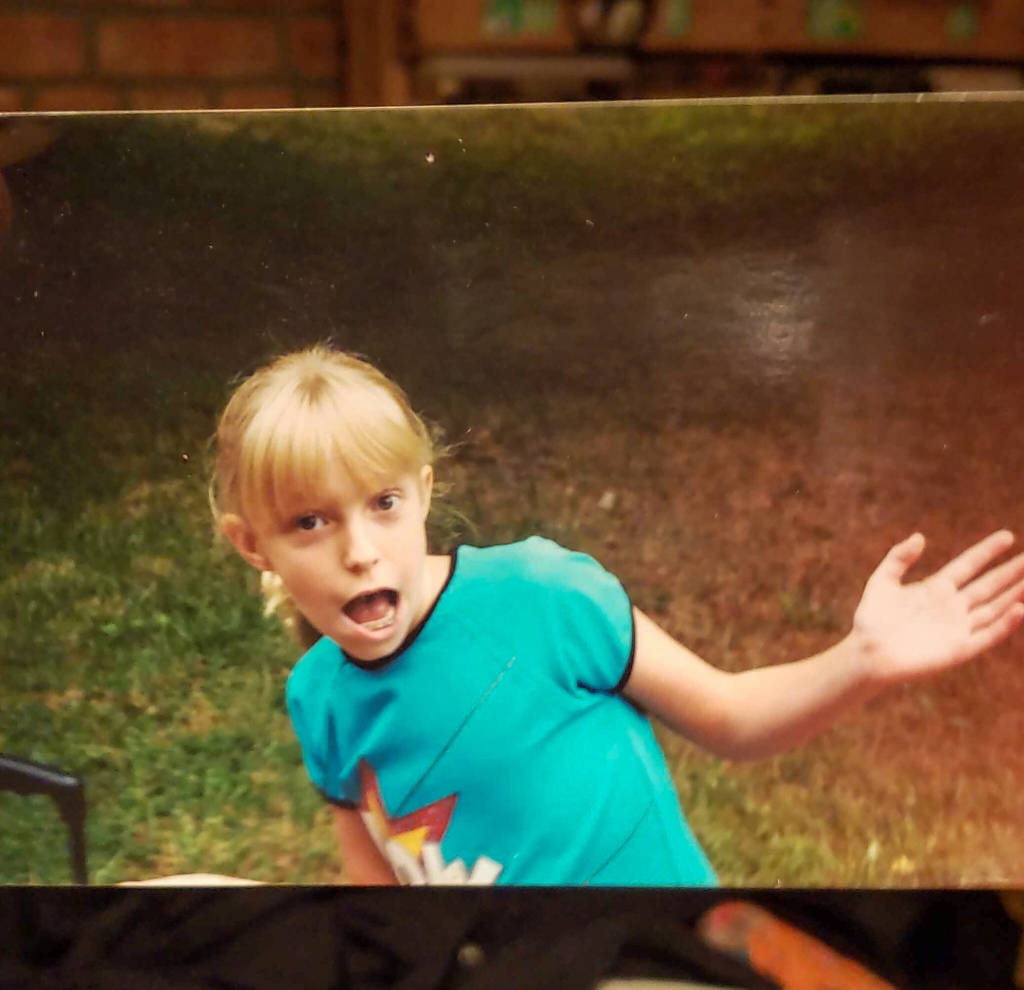“I have to do school work today.” That’s what a young person I tutor in reading and writing told me while we were nearing the end of our session. To say they seemed unenthused is an understatement. They were absolutely dreading whatever “school work” meant.
“Oh, do you mean like this?” I asked, curiously.
“Oh no, this is so not school work.”
I instinctively replied, “Okay, good.” I definitely would consider our sessions a form of work both for the young person and myself. And yet, I was happy when they said they didn’t see it as being of the schoolish kind. They were relieved saying this isn’t that, as if that work could actually bore them to death.
We both want our sessions to be fun, so we decide together what we do during them and this usually results in a lot of games. My role is to share skills and bolster the young person’s confidence at reading and writing, and not to be anything so monotonous as school work might be while doing so. And yet…
And yet week after week I prompt and watch as this young person works at remembering the difference between “oo” and “oo,” because yes, English has two different sounds for that very combination of letters. Each session the kid practices how to read and write, very schoolish skills, in a way that is so not school work.
My original question that thrust me into education relates to this–how can people learn in a way that doesn’t require them to shut off a part of their brain in order to do it? Because that’s largely what the public schooling I was exposed to in childhood felt like when I was a kid. I often did not feel stimulated by lectures in classes or the “work” I was meant to do at home.
The most interesting parts? Hands on experiments: I will always remember my feeling of excited horror while dissecting animals. Projects where I got to choose what I did: a diorama I made on Princess Diana in 3rd grade, a sonnet I memorized and performed in 6th. And, of course, field trips: picking handfuls of garlic mustard out of our local conservatory’s hillside for hours. Whatever felt like play.
And what didn’t excite me? I have to say, I don’t remember much of it, just kind of did it and kept my head down as much as possible. I’m sure I was learning things during that time as, “learning is natural, it happens all the time” (foundational tenet of the agile learning network), but most of what I learned probably related to how to do what I was told and not get in trouble.
I’m seeing firsthand with the young people I work with that learning through games and experience can provide a deep understanding that’s like opening a door to curiosities of a whole other world. When you don’t have to just be told what to do but you can actually do something, learning becomes empowering and the individual is back in the action, not just passively consuming whatever a system wants them to have.
Perhaps this isn’t school work. Perhaps it’s life work.
FREE TO LEARN: Go deeper with the anthropology and neuroscience of learning and free play with researcher in developmental psychology Peter Gray’s foundational text, Free to Learn.
